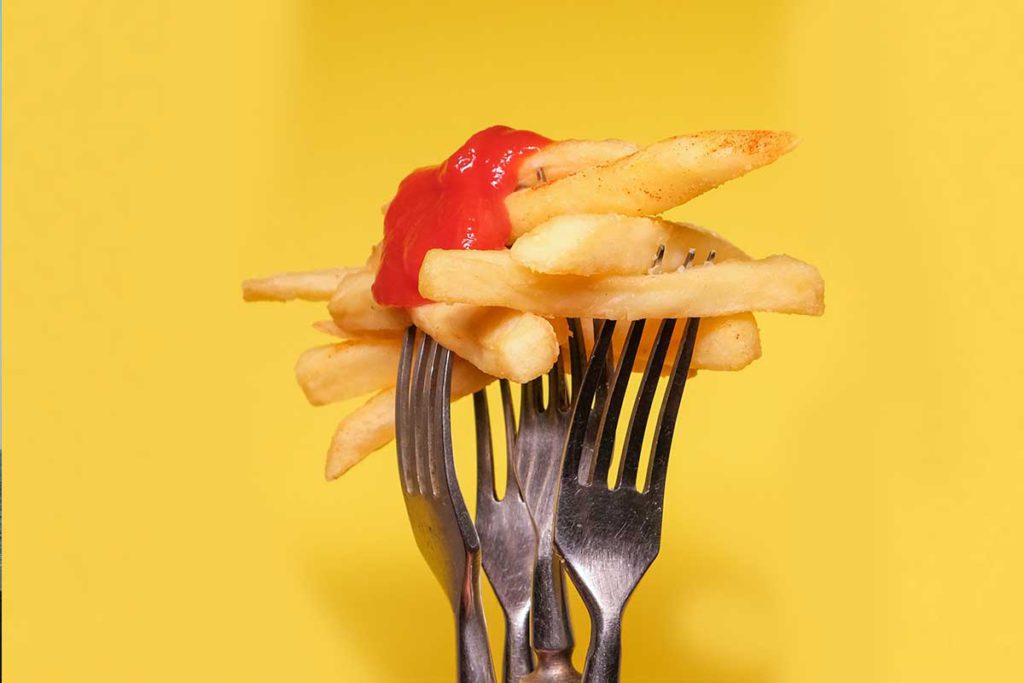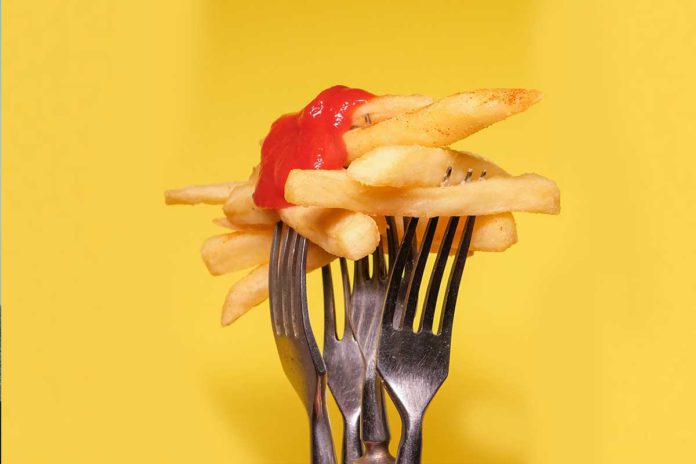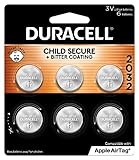Whether you’ve just started on your health journey or you’re looking to lose those last few stubborn pounds, you’re probably asking yourself how you can burn off more calories. Unfortunately, the answer isn’t always as simple as “exercise more.”

There are several important factors that affect your weight loss (or gain) which we’ll go over here. By the end of this article, you should have a much better understanding of metabolism, exercise, and weight loss.
The Importance of Metabolism
Even when you’re just sitting at your desk, your body still continues to burn calories in the background. Your metabolism is essentially how many calories your body burns just for basic processes, and while you’re resting.
Naturally, boosting your metabolic rate would increase how many calories you burn. For many people, age, activity level, and diet can affect their metabolism. Let’s look at a few ways you can increase your metabolism and, therefore, how many active calories you burn.
Burn More Calories by Building More Muscle
This is, of course, easier said than done, but by increasing your muscle mass, you can boost your metabolic rate. The process of building muscle itself expends a considerable amount of calories.
Muscle tissue is also more metabolically active, which means you can burn calories even when you’re doing nothing at all. A proper resistance training program should absolutely be a part of any weight loss plan.
Resistance exercises to focus on
One thing you should be careful about is falling into the trap of doing isolation exercises. These are weightlifting exercises like bicep curls which tend to only engage single muscle groups. Instead, for your goals, you should focus on activities that target the larger muscles and activate multiple muscle groups.
Exercises like squats, deadlifts, chest presses, and rows are simple ones that anyone can do. These work the large muscles in your legs, chest, and back. You’ll expend more calories doing these, and it’ll result in bigger gains too.
Breakfast Is Important
The phrase “breakfast is the most important meal of the day” has been said time and time again. However, it’s more than just a phrase, and if you’ve been skipping breakfast, you may want to reconsider it.
One of the benefits of eating early in your day is that it helps to get your metabolism going. There’s growing research that people who skip breakfast tend to eat more throughout the rest of the day instead. Ultimately there are many benefits to eating something early on.
Drinking Coffee or Tea
Caffeine, one of the key components of coffee, can also get your metabolism going and help you burn more calories. Many weight loss products also feature caffeine as an essential ingredient, but you’re better off getting it from a natural source.
Green tea, in particular, can also be beneficial. It’s loaded with health-boosting antioxidants and also contains epigallocatechin gallate (EGCG). This substance has been linked to several health benefits, and research shows it can help increase your metabolism too.
One study showed that caffeine and EGCG have a synergistic effect, meaning they work even better together. Catechin is another compound found in green tea that can help break down fat. Regardless of your goals, this can be a great addition to a healthy lifestyle.
Going for More Frequent Walks
Exercise doesn’t always have to be a high-intensity activity. For people who are overweight, sedentary, or in otherwise poor shape, you should start with something less overwhelming. Walking is a low-impact activity anyone can do, and it burns more calories than sitting.
Try to devote time every day (or at least a few times a week) to go for a walk. Going around a few blocks in your neighborhood can be a way to get some fresh air. Once you’ve done it long enough, it’ll naturally become a part of your routine.
Unexplained Weight Gain Can Be A Symptom Of A Medical Condition
If you find yourself gaining weight for no reason, hypothyroidism could be to blame. The thyroid gland is found in your neck and produces hormones that regulate your metabolism. Although an underactive thyroid is more common in the older population, it could occur at any age.
Other symptoms include fatigue, sensitivity to cold, dry skin, thinning hair, and memory problems. If you’re experiencing any of these, a trip to your doctor might be in order. Hypothyroidism can be easily diagnosed on a blood test. The treatment is typically thyroid hormone replacement.
Conclusion
Before beginning any new exercise program, it’s a good idea to talk with your doctor first. A nutritionist or personal trainer can also help you on your journey. Once you adopt some more healthy habits, you’ll begin to see the benefits in many ways.












